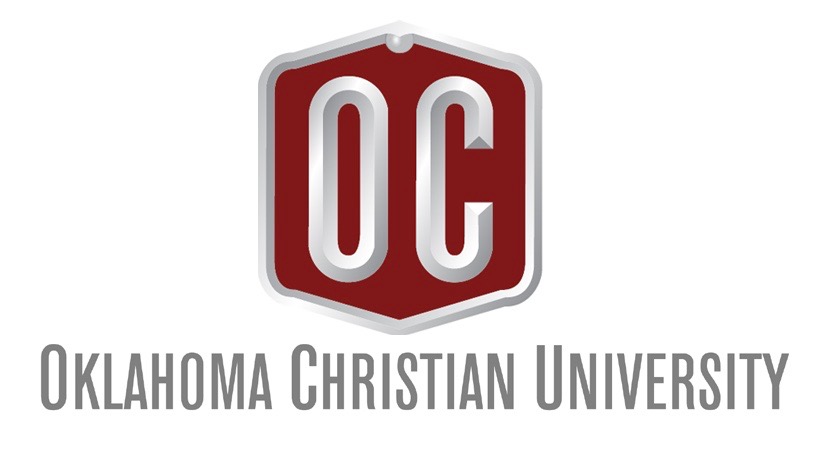For the first time in more than 15 years, the Oklahoma Christian University math department may overhaul its core curriculum, changing the names and prerequisites of general education math courses.
At last week’s Student Government Association (SGA) meeting, Chief Academic Officer Scott LaMascus, along with professors Jennifer Bryan and Bryon Newberry, asked students for feedback regarding the proposed changes. According to Bryan, the state regents last year said they are no longer going to require college algebra as a prerequisite for statistics, as it really prepares students for calculus.
“They decided to take college algebra out, though it will still be required for many of your majors,” Bryan said. “What people need going into stats is our new functions and modeling class that we’re proposing. It’s basically college algebra light. They’ve taken some of the things that you need going into calculus, the sequences and series part, the conics section, all of that is taken out of functions and modeling. It focuses more on real-world applications.”
The elements I and elements II courses will also be reformed, and the new courses, applied math and quantitative reasoning, will provide a new pathway for general math education. Statistics will still be required as a second pathway for business, nursing, computer science and education majors, while calculus is the third path. All courses will prepare students for future exams.
“For those of you that have to take the GRE, this will prepare you for that,” Bryan said. “But conic sections are not in the GRE—neither is sequences and series. So, we’re taking some of that out and focusing more on what the students really need. We are kind of repackaging our three classes, but they get new titles. Hopefully, it will be seamless for those of you who haven’t done your math classes.”
According to LaMascus, when proposals contain major curriculum changes like this one, it goes through a first and a second read and is placed in front of faculty members for approximately 60 days. The first read occurred Nov. 26 in front of the SGA officers, and according to LaMascus, some revisions have already been made.
“We are going to the faculty, we are going to administration, we’re asking you all, we are asking student success to comment on this to help us get this really polished and make sure that we are communicating well,” LaMascus said. “During this process, the point is to find revisions and tweaks. If everything goes well and we don’t discover any major issues, then we will expect to vote on this and approve it on Dec. 17.”
Out of the three general math courses, the only CLEP exam offered will be for college algebra. One of the recommendations in this proposal is if a student has clepped out of college algebra, they can receive credit for the functions and modeling class. According to Newberry, every department can choose which math courses are required for their major.
“Some majors might choose to no longer have you take college algebra and substitute something else in that place,” Newberry said. “That will be up to those departments to decide. Some departments are still thinking about whether they are going to continue to have their majors take college algebra, or functions in this case, or if they will just substitute out something totally different.”
According to LaMascus, the faculty gathers data to understand how well a course is working in items such as grade distribution and outcomes of the course. The committee who put together this proposal has conducted extensive research and read course evaluations to help form these new courses.
“Dr. Newberry and I are in charge of really making sure that all [student evaluations] get really looked at carefully for the courses we are in charge of,” LaMascus said. “We have had several meetings about how to get on with the best national standards. We didn’t just invent all of this out of our heads. We gathered a lot of data and a lot of information.”











Be First to Comment